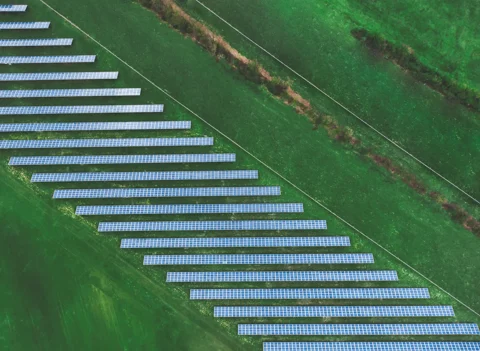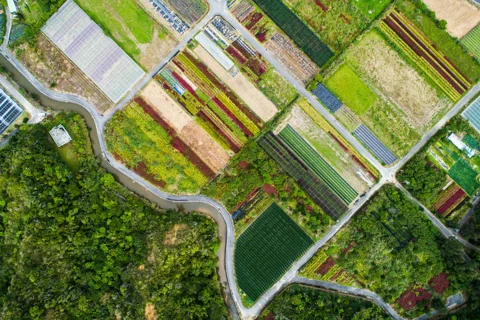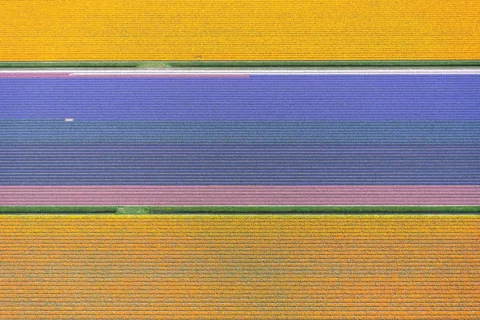After the Russian invasion of Ukraine, it became a commonly used term. The country was the 'granary of Europe'. As a result of the conflict, the export of Ukrainian grain largely came to a standstill. After mediation by Turkey and the United Nations, it seems possible to get grain across the Black Sea from Ukraine again. How is Netherlands affected by this? And what are the prospects for the grain price? Time to ask Peter Verbaken, Head of the Raw Materials Team at APG, some questions about the grain trade.
Grain is a collective name for the seeds of grasses and includes rice, barley, wheat and maize. Ukraine mainly exports the latter two. The global annual production of wheat is about 780 million tons, according to figures published by the United States Department of Agriculture. Ukraine accounts for 30 million tons of this. The EU is the largest producer, with nearly 140 million tons, closely followed by China. 1,200 million tons of maize is produced annually, nearly a third of which comes from the United States. With an annual production of 40 million tons, Ukraine seems to be living up to its name as the granary of Europe when it comes to maize.
Is the Netherlands self-sufficient when it comes to grain?
"The Netherlands isn't self-sufficient. This is because the agricultural land here is more suitable for growing other crops. We therefore import more than 80% of the wheat we use here, mainly from Germany and France. Incidentally, only 40% of the wheat used in the Netherlands is intended for human consumption, the remaining 60% is intended for animal feed. For maize this is as high as 65%. About 20% is consumed by humans and 15% of the maize in the Netherlands is processed into biofuel."
France and Germany are safe countries with stable exports. So why is it that the Netherlands also has to deal with higher grain prices?
"Grains are globally tradeable commodities. If a major supplier drops out, as currently is temporarily the case with Ukraine, this will have an effect on the worldwide price of grains, and therefore also on the price we pay here in the Netherlands. That's how such a market works. You can't say: "My imports from France haven't been affected, so I pay the same low price as a year ago." The price of grain from countries such as Germany and France is also determined on the basis of the world price, because grain can in principle be shipped anywhere. Because we mainly get our wheat from France and Germany, we won't have a grain shortage here any time soon. But grain prices immediately rose here as well at the start of the war in Ukraine."



